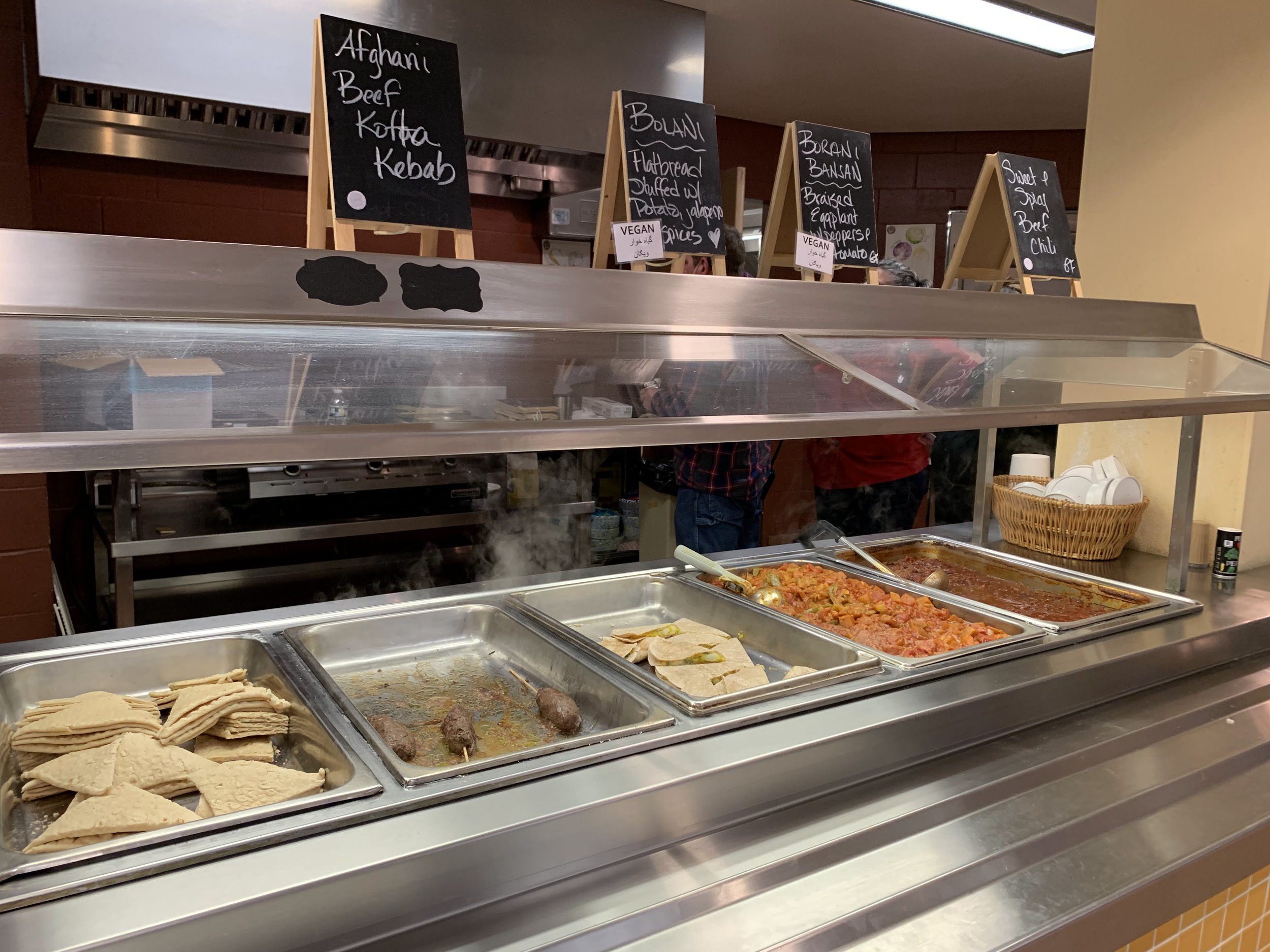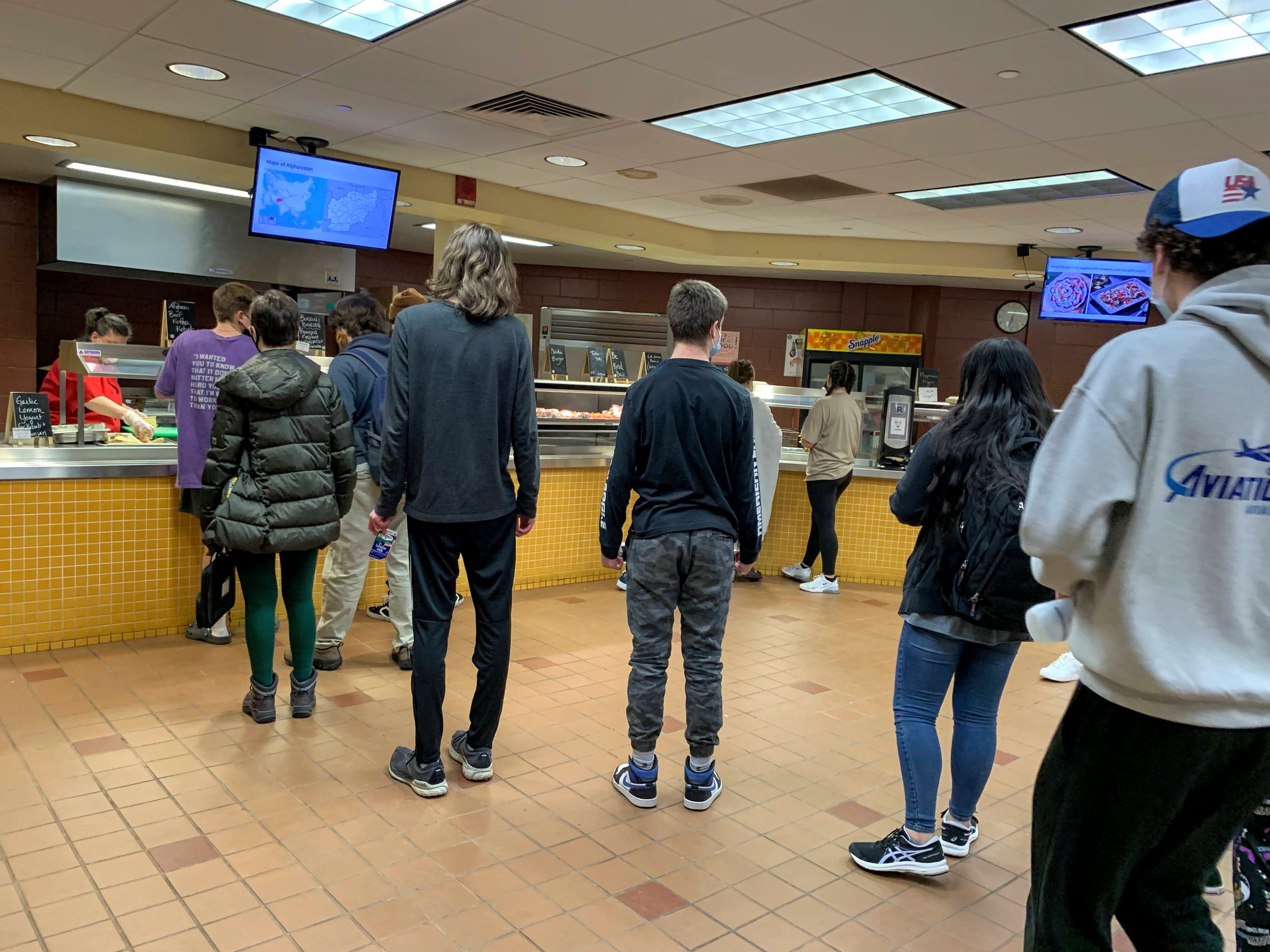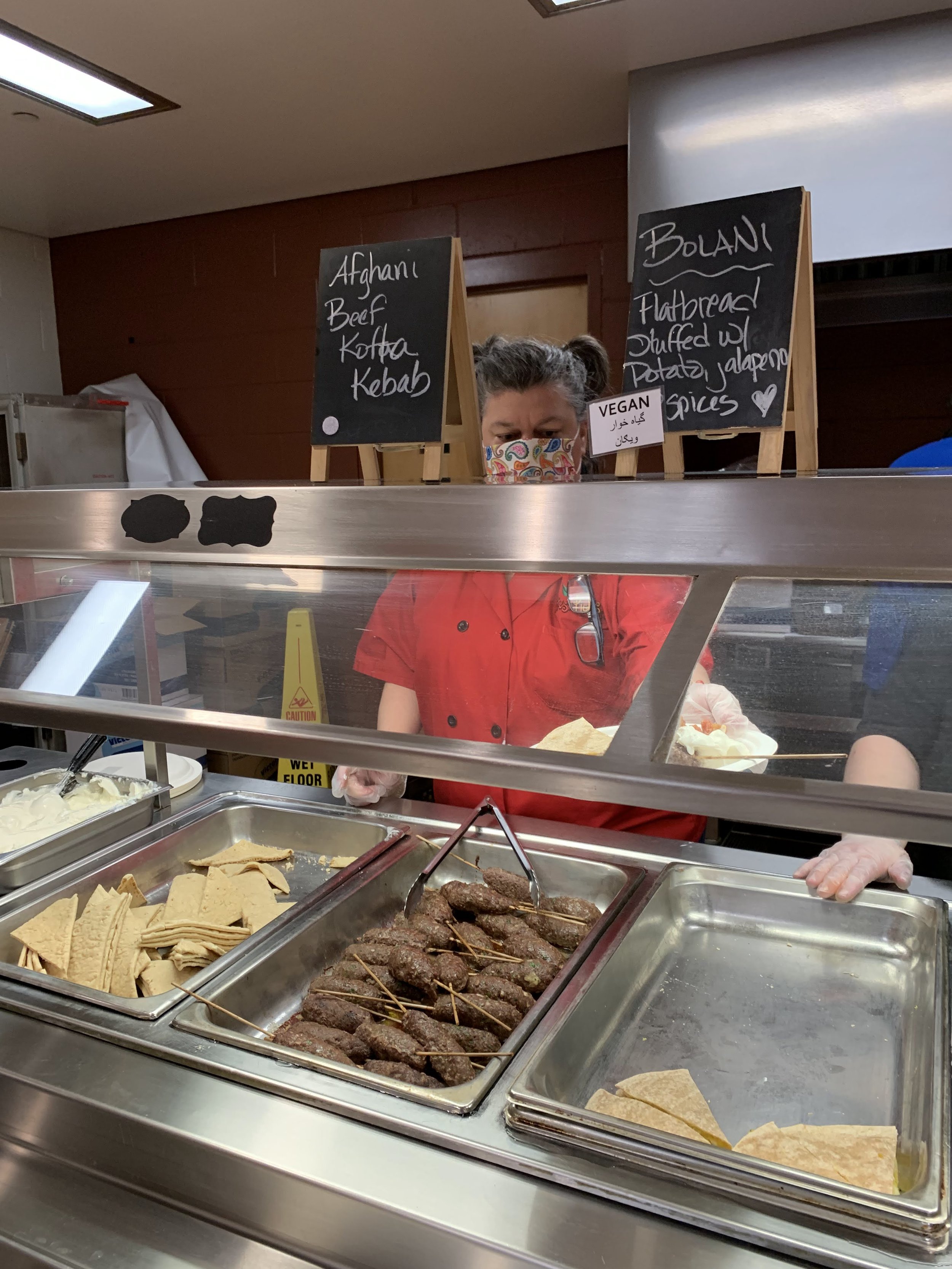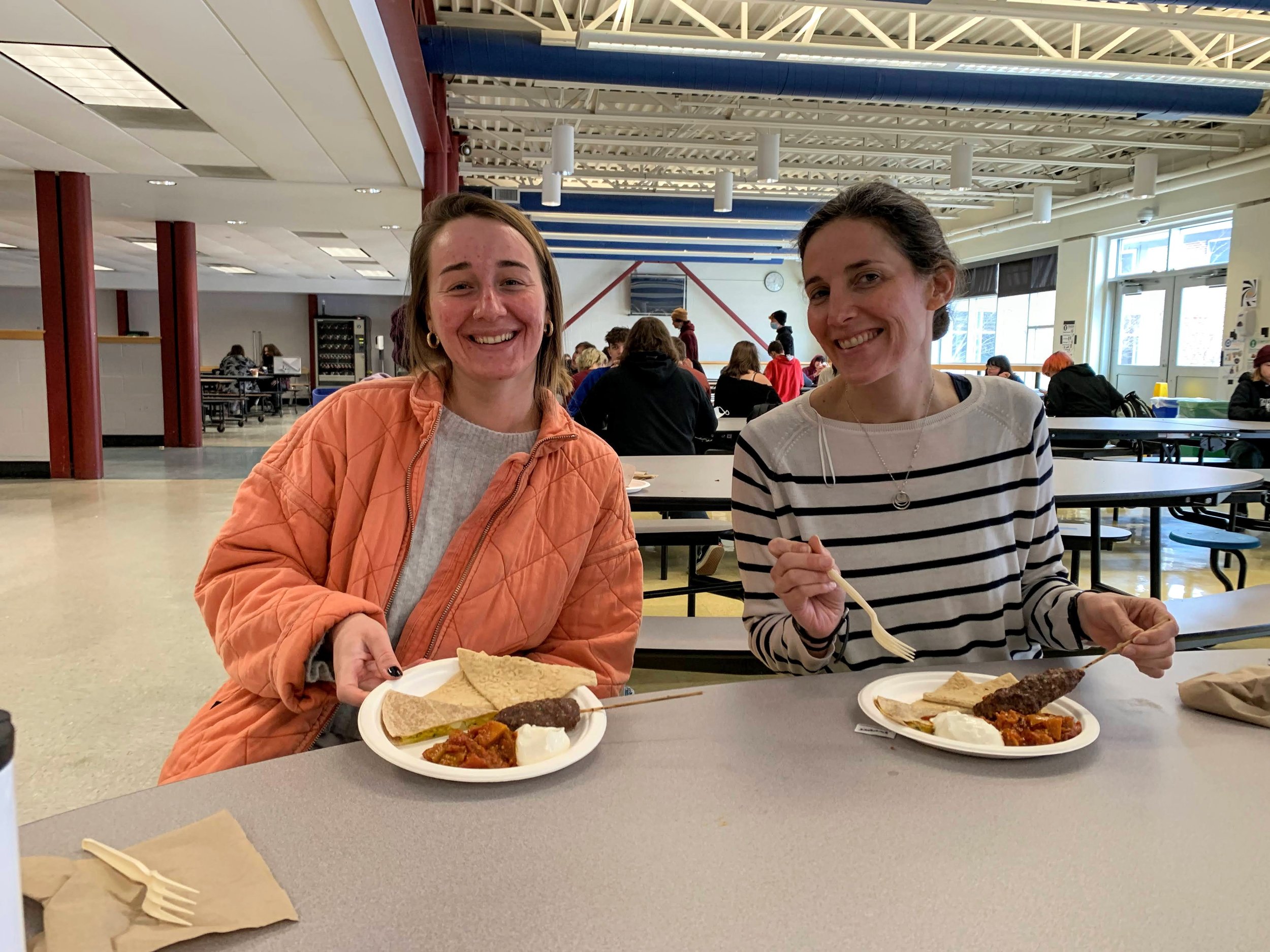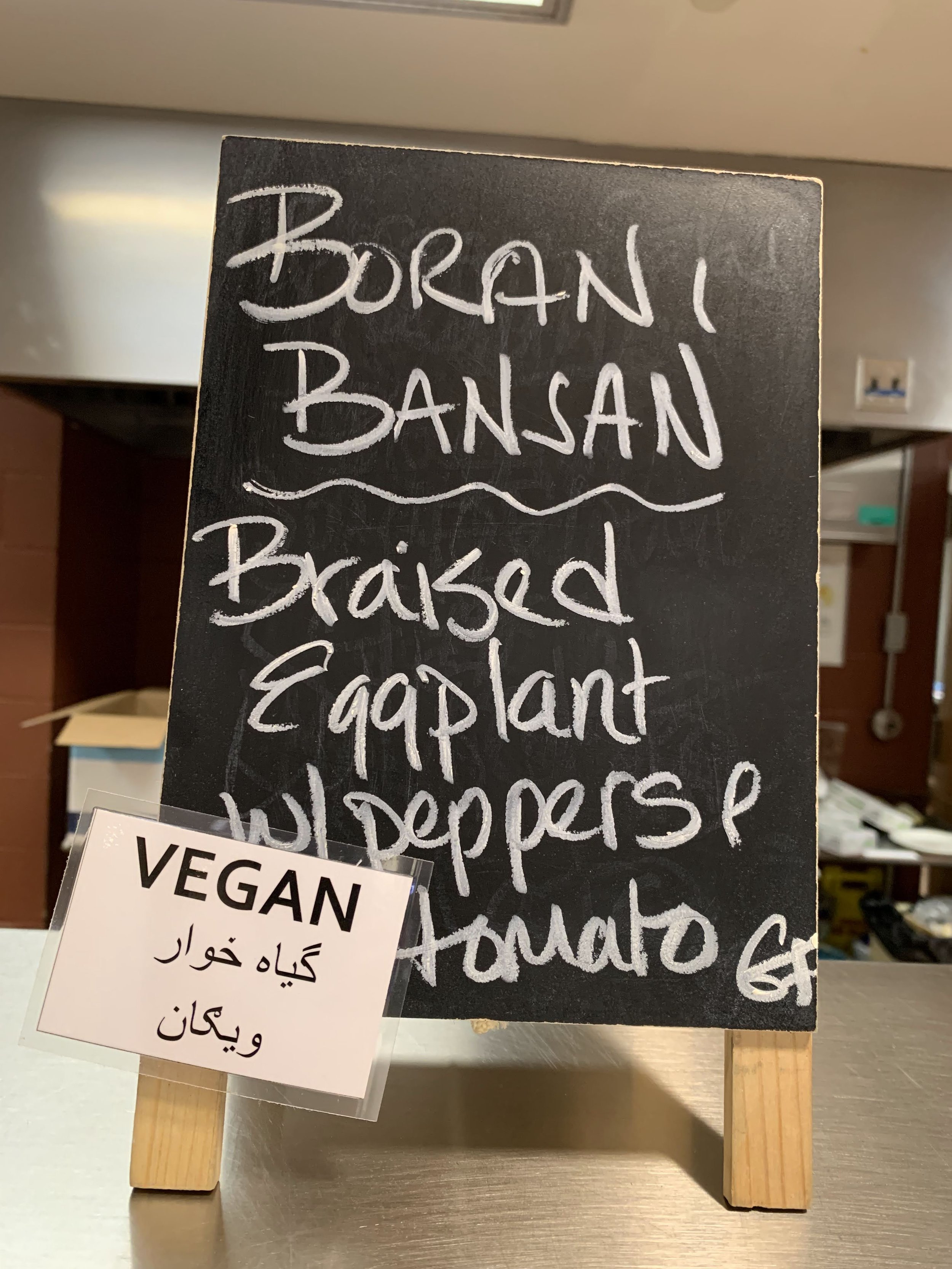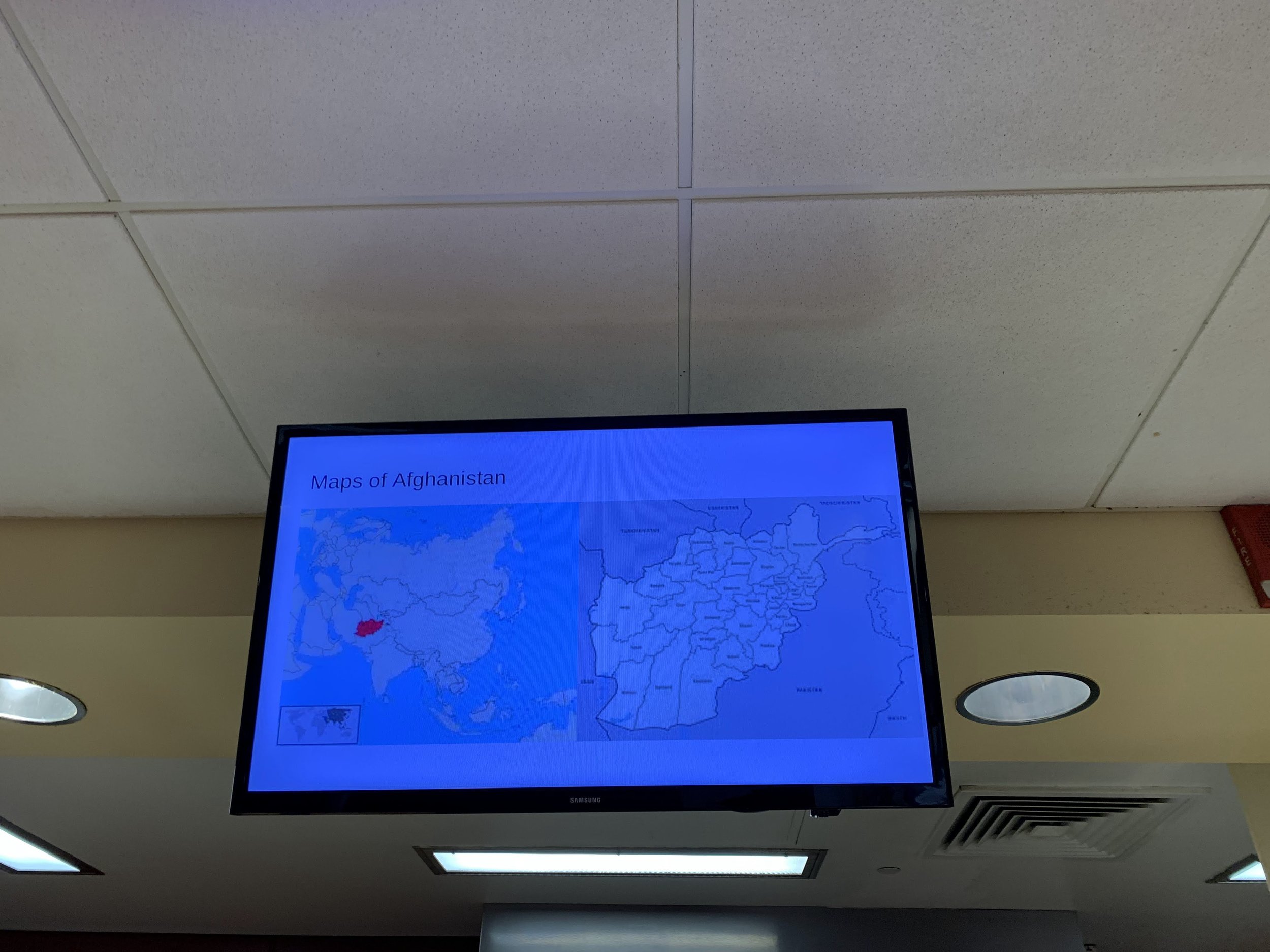Just in time for its ninth birthday, we celebrate our partner and Farm to School sponsor, the Monadnock Food Co-op (MFC).
It’s hard to imagine that the Keene community didn’t have a co-op less than ten years ago. MFC has become an integral part of downtown Keene, serving as an accessible downtown community marketplace featuring local, nutritious, and sustainable foods. The co-op provides a valuable resource for the community and local farmers to connect and enhance our local food economy.
But beyond being a grocery store, the Co-op supports food systems organizations throughout the community. Each month the Co-op holds a monthly Round It Up donation drive “to raise funds for initiatives that improve the health of our community and help create a vibrant, sustainable local food system.” At the register, community members can “round up” their change—last year, shoppers contributed more than $65,000 to 11 nonprofit organizations and initiatives.
Food Connects has been lucky enough to be one of the Round It Up donation drive recipients. Last year, the Monadnock Food Co-op shoppers donated over $6,000 to our Back to School with Food Connects campaign to raise funds for our Farm to School program. And we’re excited to announce that we will be the August recipient of the Round Up this year. Every dollar we raise goes directly towards our Farm to School programming. We continue to build our partnership with the Modanock Farm to School Network through professional development support and mini-grant funding. This April, you will see us at the Monadnock Earth Day Festival, creating sprouting kits for kiddos to bring home and grow with their families.
We are fortunate to have a strong partnership with the Co-op beyond our Roundup—we deliver local food to the store, partner with them on the Kitchen 2.0 series (a virtual cooking class for kids), participate in many of their events, and more. The Co-op is one of our top customers and exemplifies what it means to be dedicated to improving the local food economy.
Like many other organizations, we are grateful for the support that the Co-op provides our community. Aside from their regular donation requests and their Round It Up initiative, they also serve farms through the Monadnock Food Co-op Farm Fund. This program’s mission is to “support local farmers in increasing sustainable food production and wholesale sales to contribute to a thriving local farm economy.” Many farmers who received these grants work with our Food Hub. Since starting the program in 2017, the Farm Fund has raised over $87,000 for sixteen local farms.






